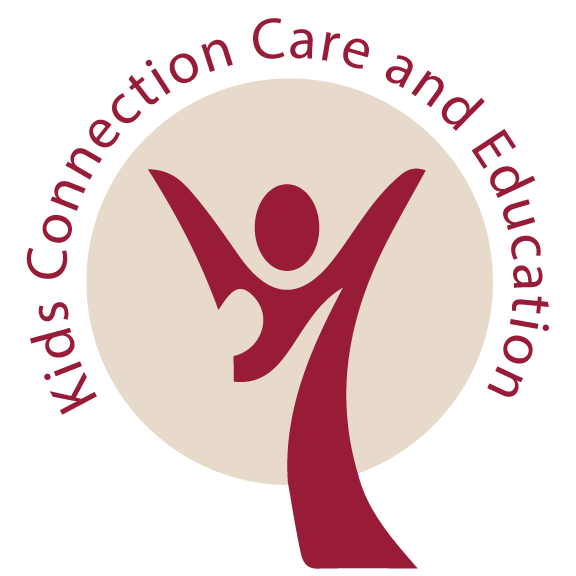Our Before/After school program provides care for children ages 4yrs -12yrs. We offer daily programs that supports growth and development based on the children’s interest and needs. The philosophy of the program is that children learn best through purposeful play-based experience that fosters and supports our program statement.
We view each child as being competent, capable and curious. Our program is built on the foundations of belonging, well-being, engagement and expression. These foundations are a vision for all children’s future potential and what Strong connections with families, educators and the environment are vital for the healthy growth and development of young children in our program. These will be cultivated through the four foundations for learning they should experience every day.
Strong connections with families, educators and the environment are vital for the healthy growth and development of young children in our program. These will be cultivated through the four foundations for learning, as outlined in “How Does Learning Happen”, Ontario Pedagogy for the Early Years:

Programming is done on a daily basis, based on the needs and interests of the children. The children learn and master through activities and learning opportunities provided for them. This is done in various learning areas. Quality Before and After School care is a triangle of programming in which education and recreation is woven with care. This triangle of programming allows children to increase and build essential skills that they need to become adults.
Program Approach
A project approach is an in-depth exploration of a topic that may be child or teacher-initiated and involve an individual, a group of children, or the whole class. A project may be short-term or long-term depending on the level of children’s interest. Projects are carried out over weeks or months. Projects have a structure to guide teachers, children and families on their journey. A project has three phases.
Phase I is all about getting started and includes an exploration around possible topics. The teacher provides provocations to the children. Teachers will also complete a project webbing—where the teacher assesses the topic’s potential for developing child growth and learning around particular concepts, skills and understandings.

Phase II includes the active investigation of the topic. Children’s prior knowledge and initial questions are gathered. Fieldwork and discussion build interest and provide opportunities for research. Ongoing questions are gathered and learning experiences tailored to helping children uncover answers.

Phase III includes the planning and enacting of the culminating project event; where children decide how and to whom they will present their learning.
Conclusion at the end of projects, teachers will complete a final reflection to gauge the teaching and learning experiences.
